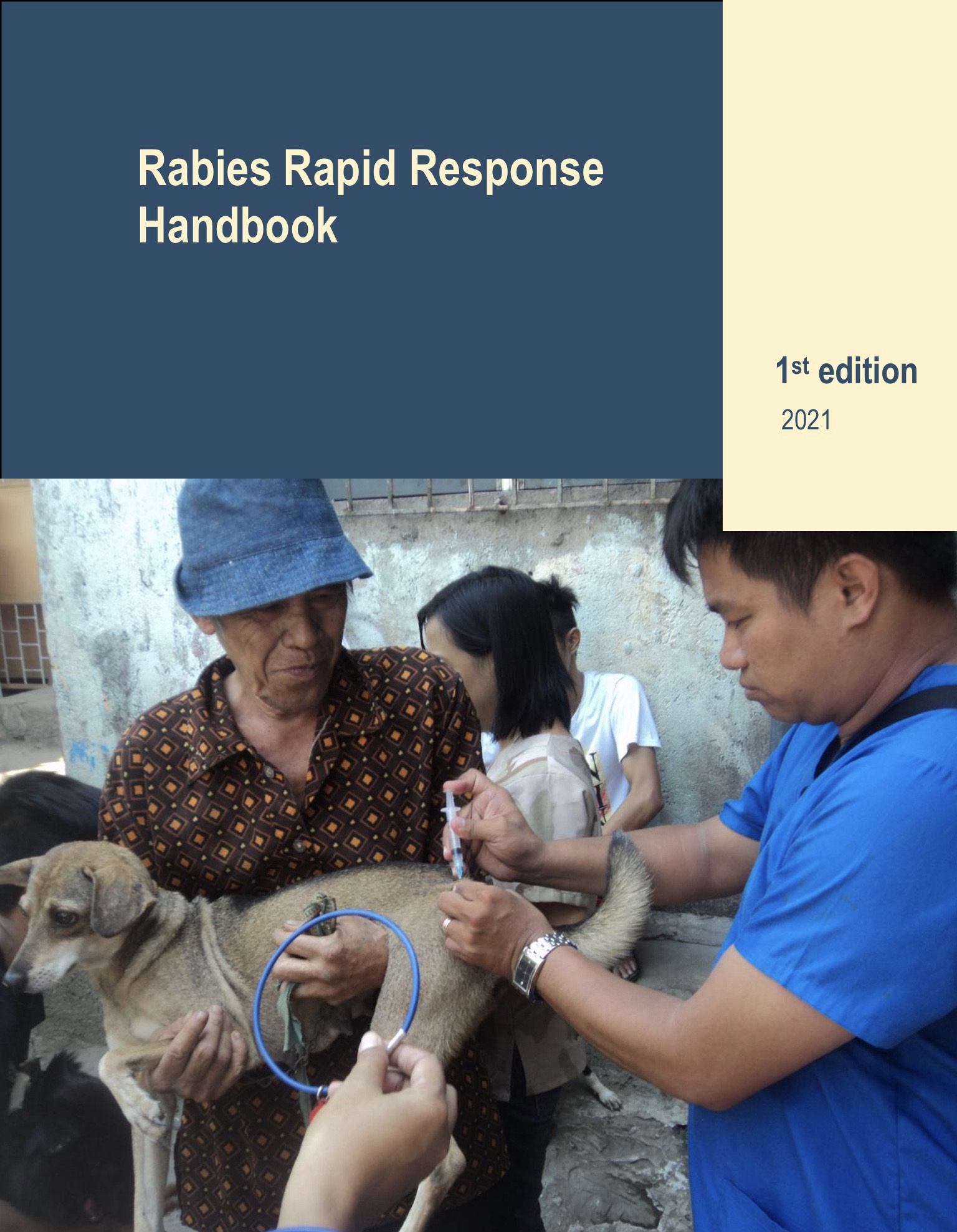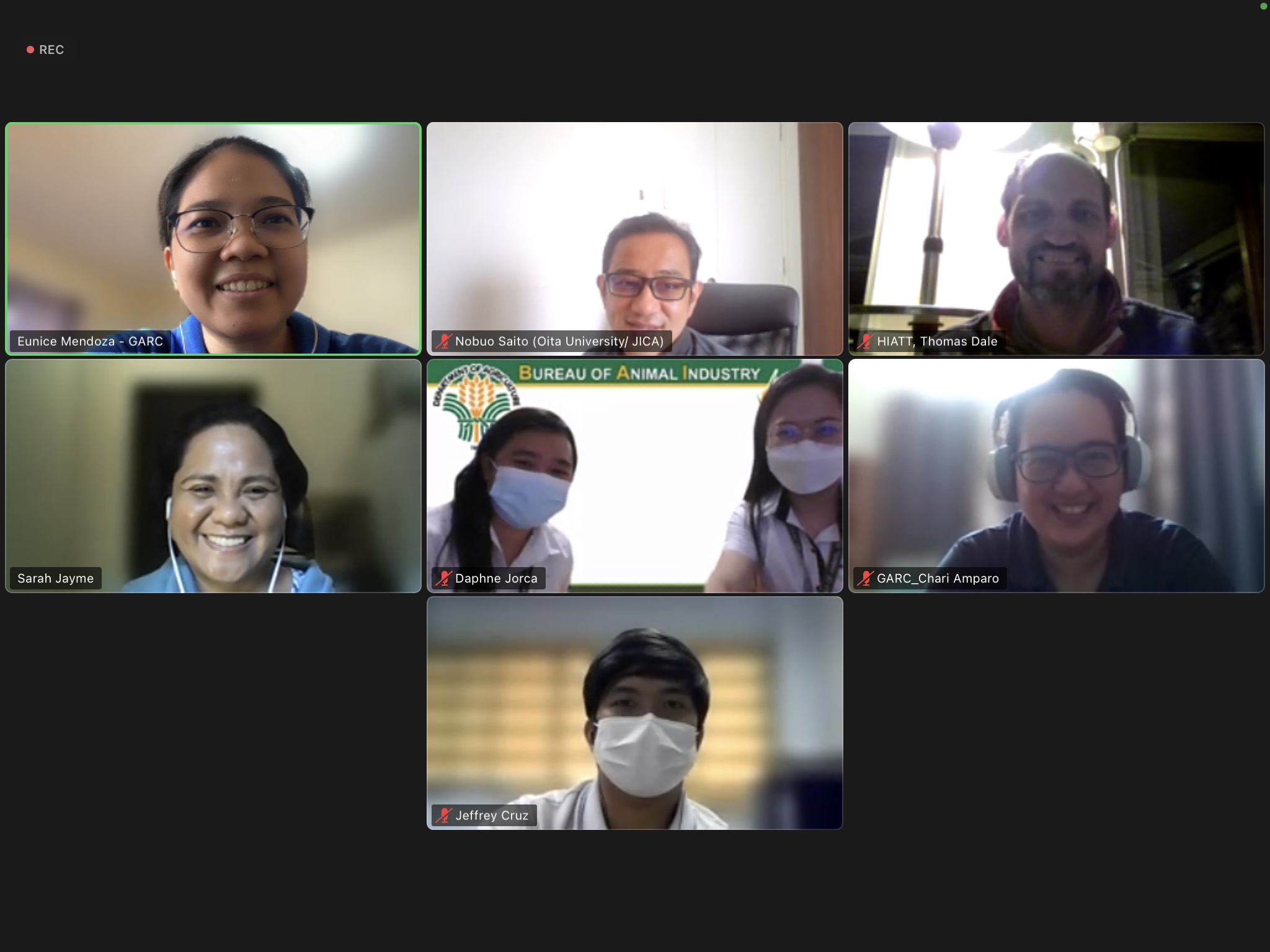Rapid Response Toolkit for Rabies in the Philippines
Prompt action saves lives, especially for zoonotic diseases such as rabies. Rabies has the highest case-fatality rate of any infectious disease, but it is 100% preventable. The Rapid Response Toolkit for Rabies is being developed in the Philippines to serve as quick reference guide for effective rabies response in the country.
In the Philippines, rabies is still endemic and continues to be a public health concern. The World Health Organization Country Office for the Philippines supported the collaboration of Oita University and Global Alliance for Rabies Control in developing a rabies toolkit that provides a clear, user-friendly guide to assist responders in quickly undertaking their duties during rabies cases in both humans and animals.
The toolkit is a compilation of local and international guidelines and procedures that are essential for an effective rabies response. It is centered on the One Health approach, highlighting the importance of collaboration among various stakeholders. Stakeholders from the national agencies, local government units, the animal and human health sectors, and private organizations were consulted during the development of the toolkit. Their invaluable experiences and suggestions were included in the toolkit to ensure its practical usability in the field.
Five rabies scenarios - called triggers – that require prompt and effective actions, were included in the toolkit. These triggers are: suspect animal case; animal found dead; animal carcass or sample received in the laboratory; human bitten by an animal; and suspect human case. The trigger is the starting point of detection for each possible rabies case, and with the help of the toolkit, users are guided through a flow diagram that depicts the proper response relating to their individual role. In addition, more detailed tasks are outlined for each user, including relevant international or national guidelines and reference documents.
While the toolkit is already being field-tested and implemented in the Philippines, GARC and its partners are working to make the toolkit available in mobile format for ease of use.
The initial feedback from stakeholders regarding the toolkit is promising. Through some of our in-field testing of the toolkit, two laboratory confirmed rabies cases from roadkill carcasses were already identified – before the toolkit, these carcasses would have been ignored and would never have been tested. Even in the early stages, we have seen exceptional results from the toolkit and believe that it will significantly contribute to improved rabies surveillance and standardized protocols throughout the Philippines.
Article contributed by: Eunice Mendoza, Global Alliance for Rabies Control.

